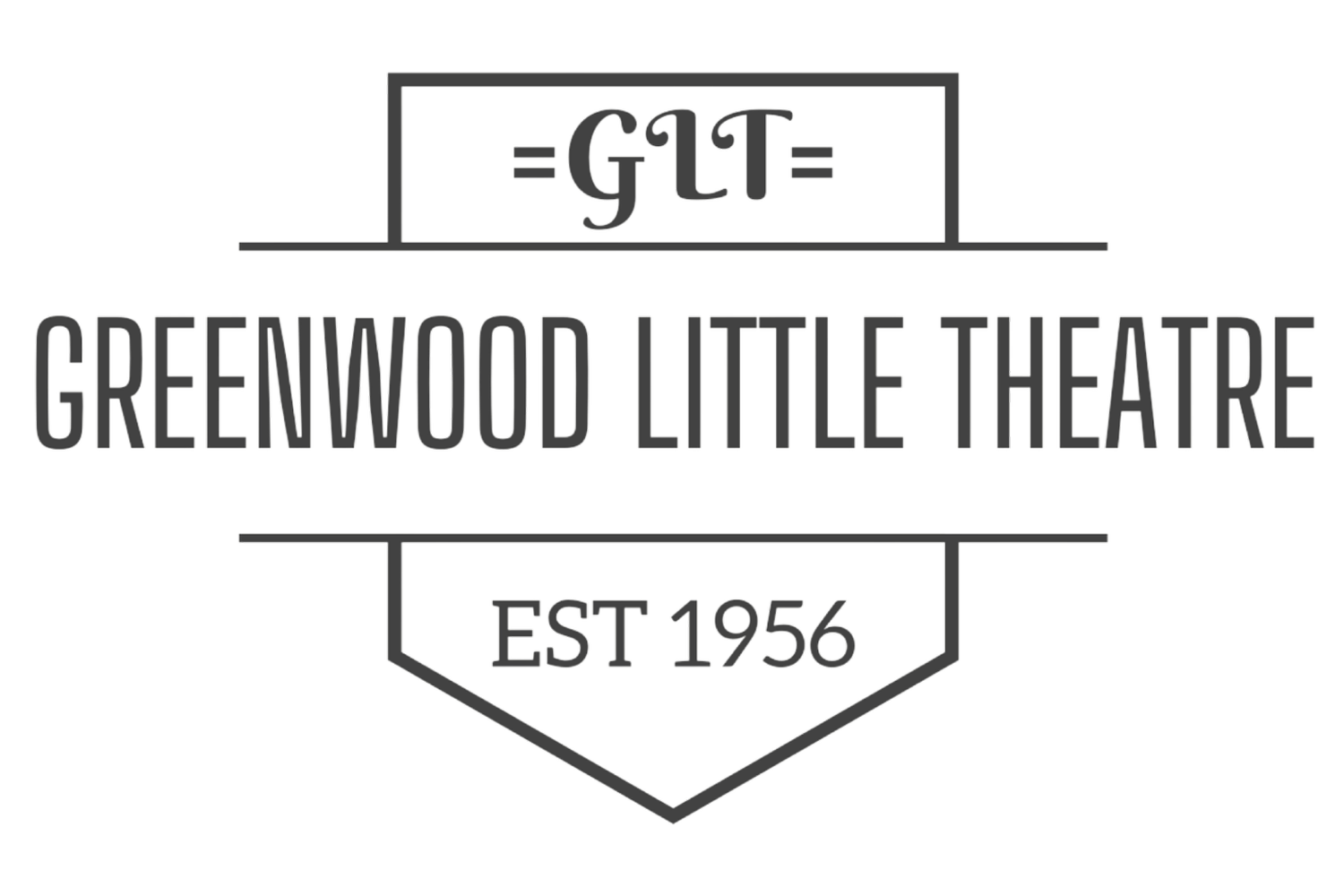Play Presents a Slice of American Life
Notwithstanding its oddities, “Our Town” brings forth innovative storytelling with convincing acting and superb narration.
Directed by Steve Iwanski, the Greenwood Little Theatre production, an existential-themed, metatheater play, premieres at the W.M. Whittington Jr. Playhouse at 7 p.m. tonight.
Written by Thornton Wilder, and having originally premiered at the McCarter Theatre, in Princeton, New Jersey, in 1938, the play is defined by two notable elements: its minimal set design, consisting of two tables and two doorways, and the character of the stage manager, who breaks the fourth wall to directly address, and acknowledge, the audience.
Despite the absence of a full set design, and only the theater’s black backdrop for the viewer to see, the unnamed stage manager, portrayed by Cameron Griffin, helps reel the viewer in, providing the scenery and detailing the actions of the characters, who mime their actions since they lack any set pieces.
With early 20th-century lingo, the stage manager succinctly sets the scene of the play. The first act, Daily Life, begins in 1901 in Grover’s Corners, New Hampshire, a small town with a population of 2,642 that is not particularly known for anything. There’s the bustle of Main Street, the rush of people fleeing to catch the 5:45 a.m. train to Boston and the town’s various churches that serve as social hubs. Exact to detail, the stage manager even describes the town’s coordinates — 42 degrees 40 minutes north latitude and 70 degrees 37 minutes west longitude.
The set’s two tables serve as the houses for the play’s two main families — the Gibbs on the left and the Webbs on the right.
Dr. Gibbs (Iwanski) keeps busy tending to the residents’ medical needs. His wife, Julia Gibbs (Nichole Henry), keeps the children, George Gibbs (Brendan Pernell) and Rebecca Gibbs (Ashlyn Upchurch), and the house at bay.
Charles Webb, editor of the Grover’s Corners Sentinel, lives with his wife, Myrtle Webb (Bonnie Gray), and his daughter, Emily Webb (Julie Day Warren).
The stage manager, often taking part in the play itself through various characters, renders life of this small American town through the day in the life of the two families.
As in any small town, not much happens.
Later in the second act, Love and Marriage, we see George Gibbs and Emily Webb fall for each other and get married three years later.
Despite the lack of action, the awareness of the stage manager and the other subtleties featured, which otherwise wouldn’t be noticed with a full set, add a refreshing change of pace to the way theater is normally conducted.
Wilder, who was unhappy with the state of theater at the time he wrote “Our Town,” wanted to innovate with a new kind of play — one that was aware of itself and its audience.
The profile of a small American town is reminiscent of Sherwood Anderson’s “Winesburg, Ohio,” a compilation of short stories that profile Anderson’s own fictional Ohio town.
Both works touch upon the themes of death and the epiphany characters reach only after death.
In many places throughout the United States, small towns continue to dry up as old industries flounder, and people flock to the cities in search of jobs and prosperity. “Our Town,” however, presents a small slice of American life that is no more and shows the viewer Grover’s Corners as “the way we were,” according to the stage manager.
The show is free for current Greenwood Little Theatre members. Tickets for non-members cost $10 for students (age 21 and younger) and $15 for adults. Visit greenwoodlittletheatre.com or call or text (662) 947-1075 to reserve seats.

